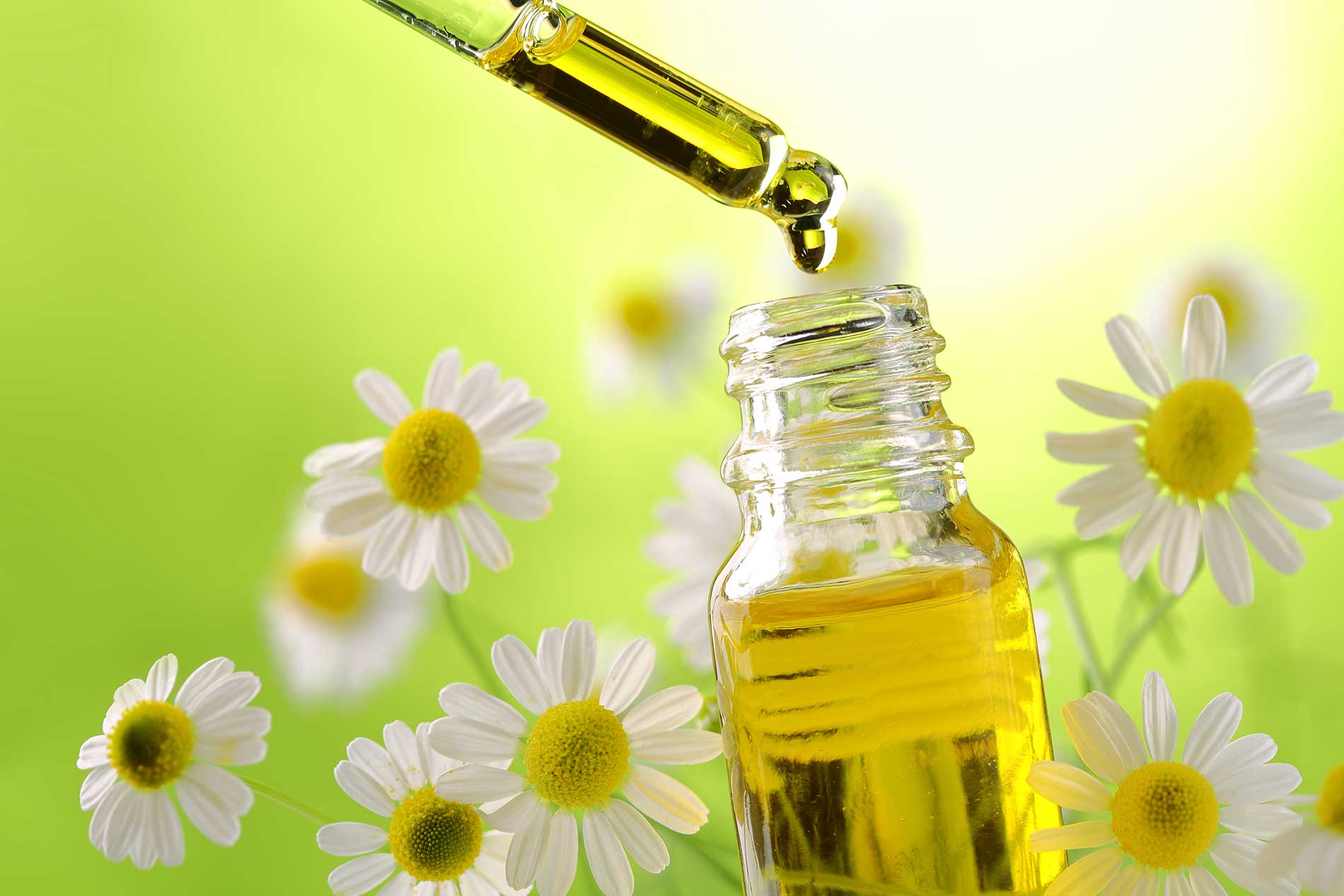Essential oils have become increasingly popular for their therapeutic benefits and versatile uses. Whether you're a seasoned essential oil enthusiast or just starting to explore their potential, it's important to understand how to care for these precious oils to ensure their longevity and maximize their effectiveness. In this blog post, we will provide you with some essential tips for looking after, storing, and using your oils safely and effectively.
1. Keep oils tightly closed and out of reach of children
Essential oils are highly concentrated and potent substances. To prevent accidental ingestion or misuse, always keep your oils securely closed and out of the reach of children. Additionally, store them in a cool, dark place to maintain their quality and potency over time.
2. Read and follow all label warnings and cautions
Each essential oil comes with specific instructions and precautions. It is crucial to read and understand these guidelines before using any oil. Pay attention to any warnings or cautions regarding usage, dilution, or potential skin sensitivities. Following these instructions will help you avoid any adverse reactions and ensure safe and effective use.
3. Use a vegetable or carrier oil when applying essential oils directly to the skin
While some essential oils can be applied directly to the skin, it is generally recommended to dilute them with a vegetable or carrier oil. This not only helps to prevent skin irritation but also aids in the absorption and distribution of essential oil. Popular carrier oils include coconut oil, jojoba oil, and almond oil.
4. Store oils in dark glass bottles
Because essential oils do not contain fatty acids they are not susceptible to rancidity like vegetable oils. So if stored and cared for correctly essential oils can last a long time.
The only exception to this rule are citrus essential oils. These are less stable and should be kept for no longer than a year after opening.
Light and heat can degrade the quality of essential oils, reducing their potency and effectiveness. To protect your oils from these elements, store them in dark glass bottles. Amber or cobalt blue bottles are ideal choices as they provide a barrier against light exposure.
5. Avoid storing oils near heat sources
Heat can accelerate the oxidation process of essential oils, leading to a shorter shelf life. To preserve the integrity of your oils, avoid storing them near heat sources such as radiators, stoves, or direct sunlight. Instead, opt for a cool and dry storage location.
6. Use oils within their recommended shelf life
Essential oils have a shelf life, and their potency gradually diminishes over time. While some oils can last for several years, others may have a shorter lifespan. It's important to check the recommended shelf life for each oil and use them within that time frame to ensure optimal results.
7. Keep oils away from open flames
Essential oils are highly flammable and should never be used near open flames or ignited sources. Exercise caution when diffusing oils or using them in homemade candles or room sprays. Always follow proper safety guidelines to prevent accidents and potential fire hazards.
8. If essential oils are splashed onto the skin and irritation results
Apply carrier oil to the area to dilute.
9. Keep essential oils away from the eyes and mucous membranes
If an essential oil gets into the eyes, immediately flush with a large quantity of milk, and seek medical advice.
10. Never ingest essential oils
If essential oil is ingested rinse mouth out with milk, and then drink a large glass of milk. Seek medical advice immediately.
11. Testing Oils Before Using on Your Skin
If you are using the oils yourself, i.e. not under the guidance of a professional aromatherapist, it is a good idea to skin test oils before using them. To do this, dilute a small amount and apply to the skin on your inner arm. If redness, burning, itching or any irritation occurs then stop using the oil immediately.
For someone who tends to be highly allergic I suggest you follow a different procedure, as follows:
Rub a drop of your chosen carrier oil onto the upper chest. Leave it for 12 hours and check for irritation or redness.
If the skin has remained clear, then mix 1 drop of your chosen essential oil with 15 drops of the same carrier oil you applied 12 hours earlier, then again rub into the upper chest.
If no skin reaction occurs after 12 hours, the you are probably safe to use both the carrier and essential oils.
Remember though, always mix the essential oil with a carrier oil before applying to your skin.
As a general guideline, the dilution rate for essential oils is 2% to 3%. For example, if you use 2-3 drops of essential oil you should dilute it by adding about a teaspoon of carrier oil. This should be cut in half for children and the elderly.
Caring for your essential oils is essential to maintain their quality, potency, and effectiveness. By following these tips, you can ensure that your oils provide you with the longest possible life and the best results from usage. Remember to always prioritize safety and consult with a qualified aromatherapist or healthcare professional if you have any concerns or questions about using essential oils.

